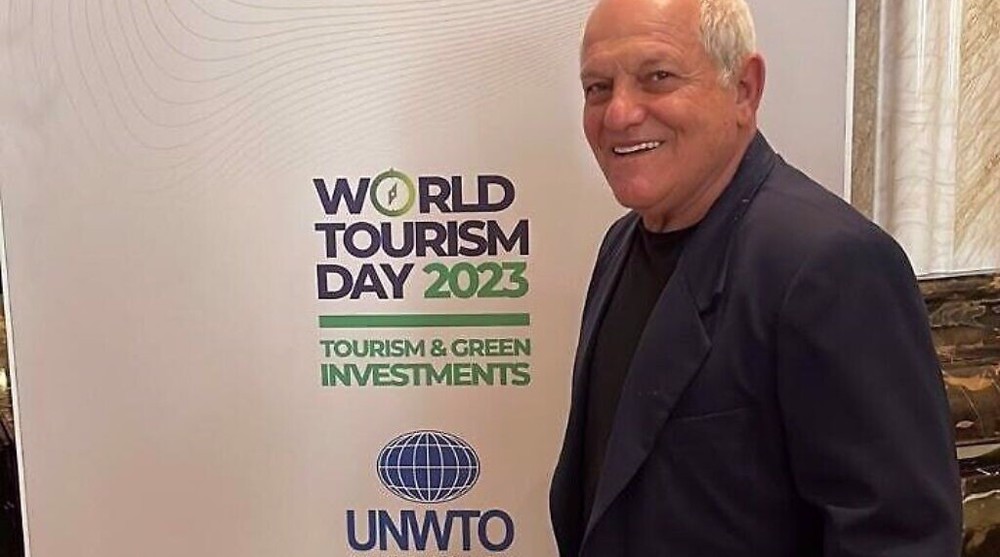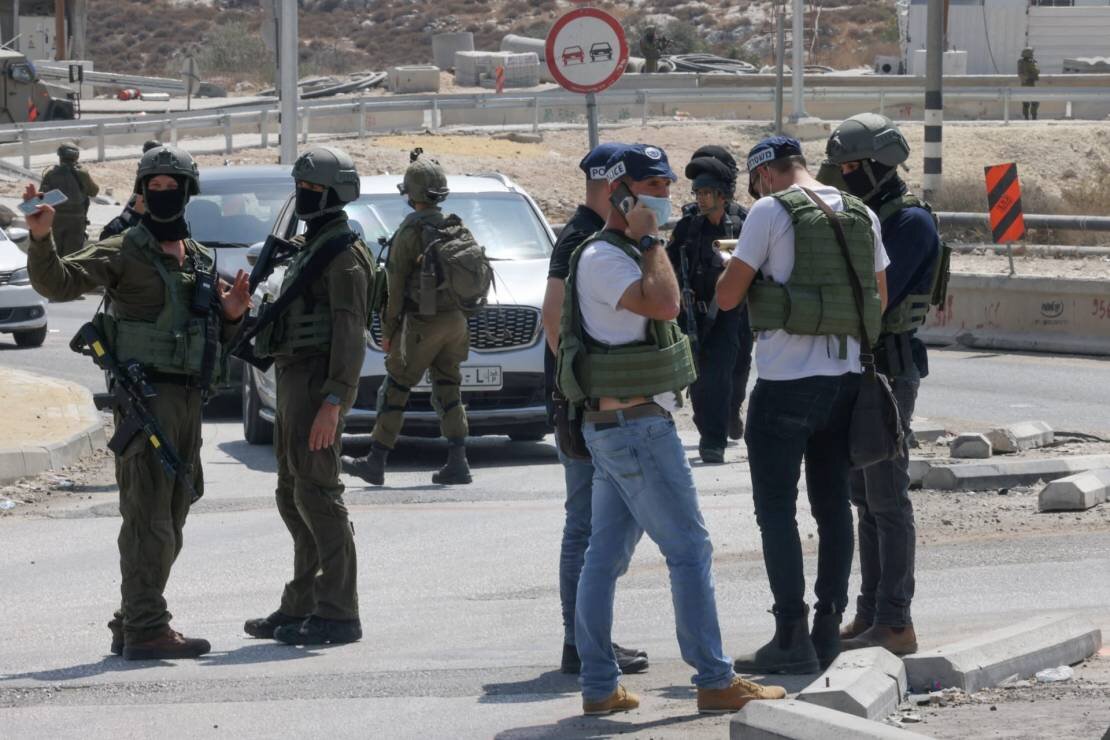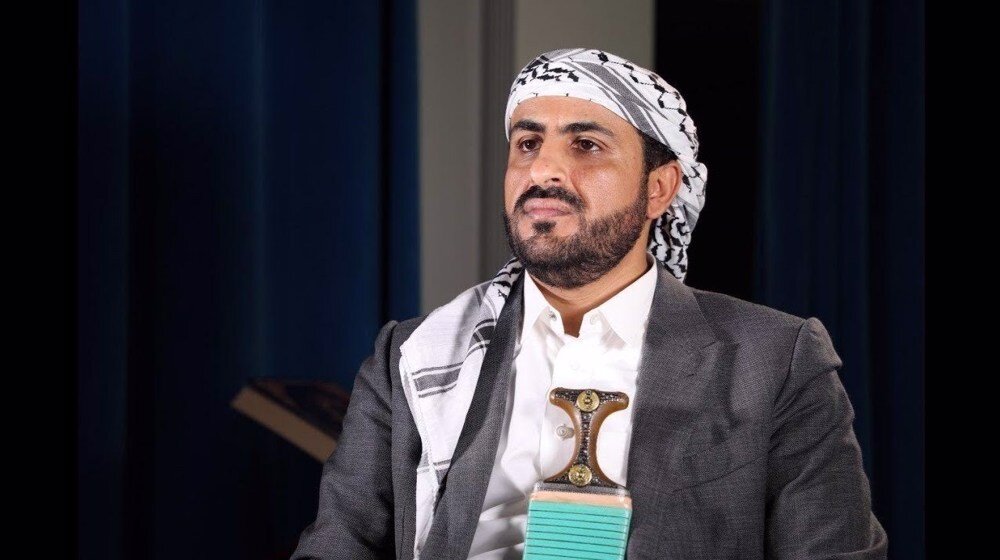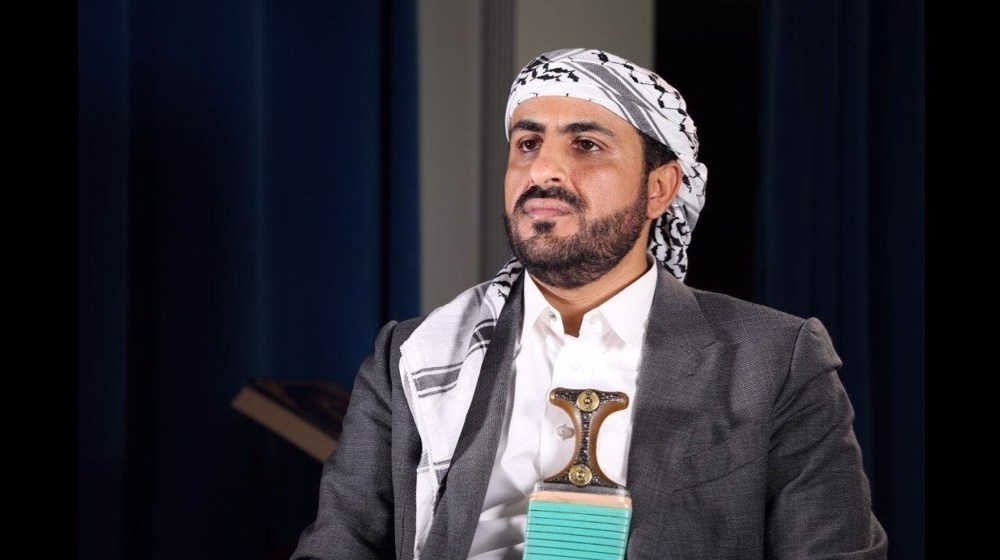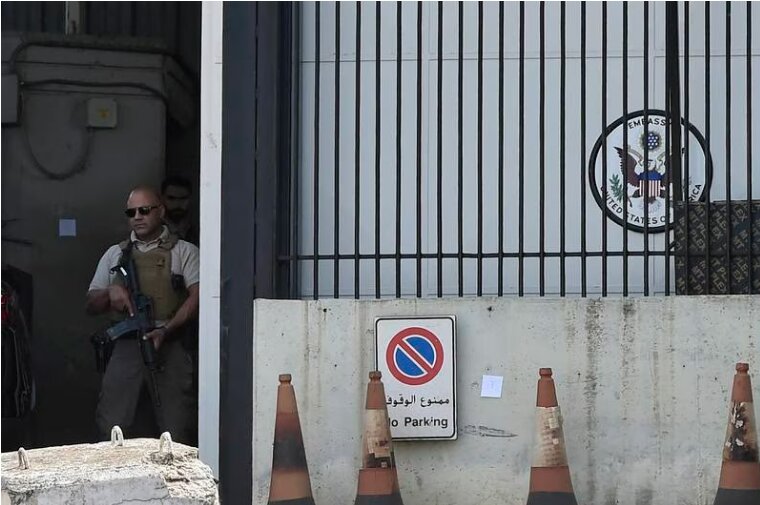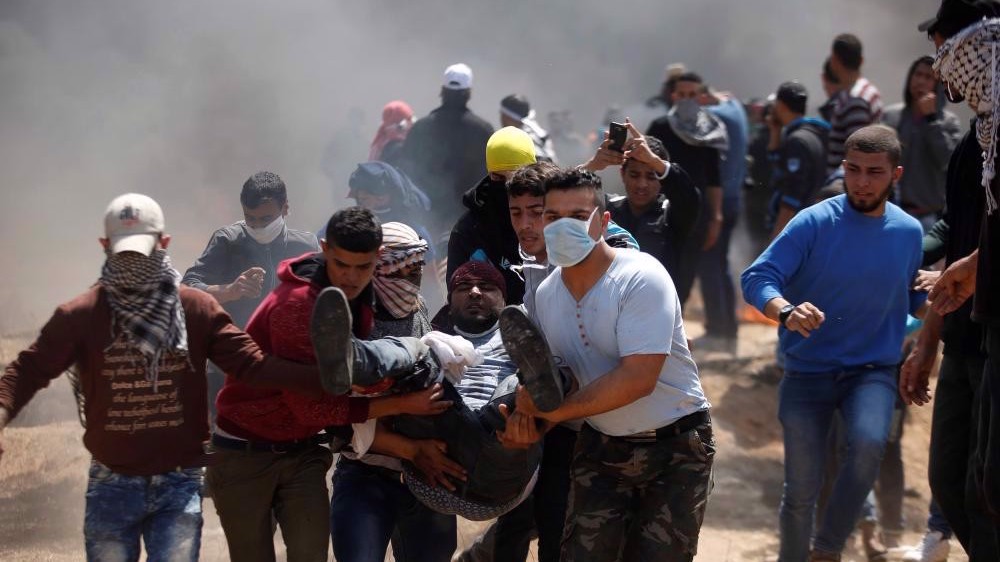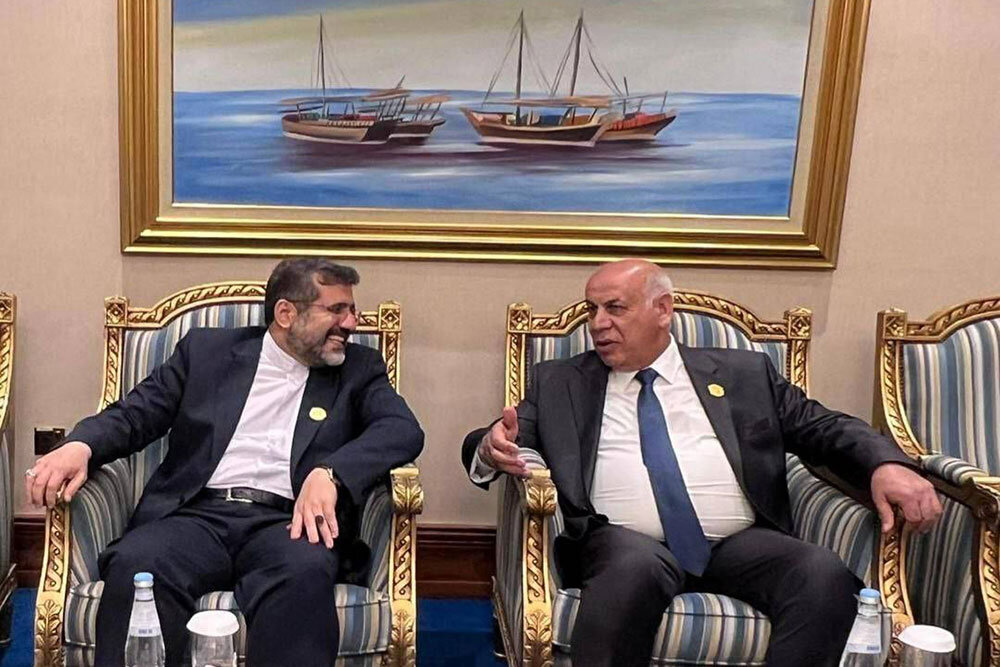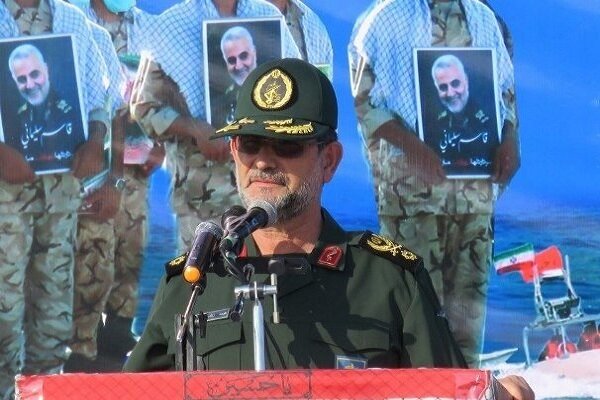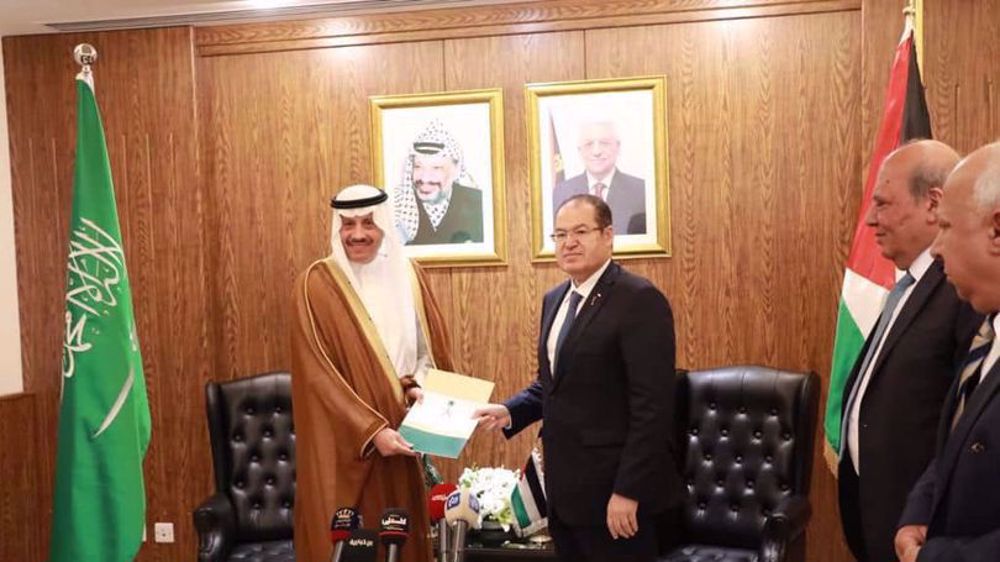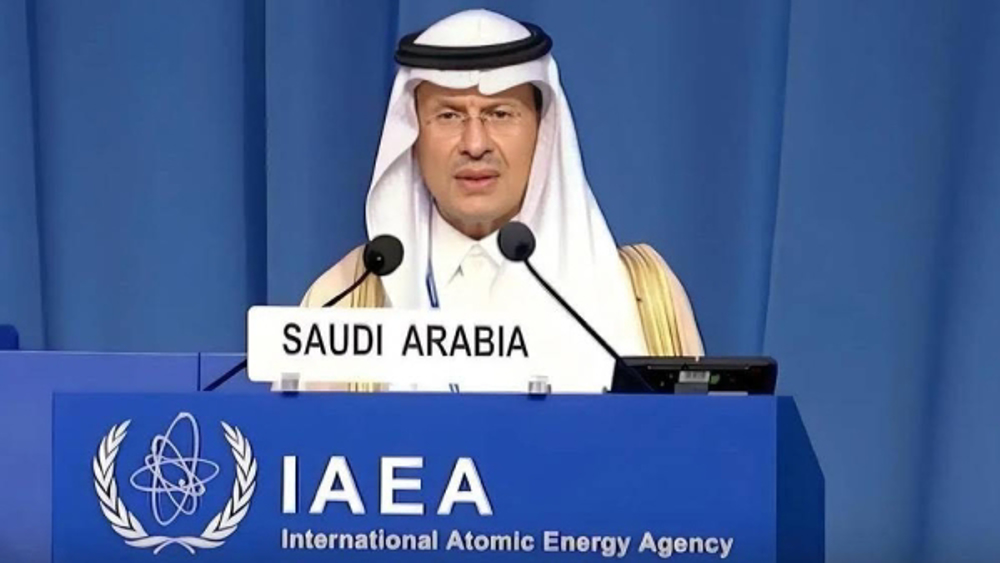A first Israeli minister has traveled to Saudi Arabia publicly to attend an event held by the United Nations amid efforts by the United States to press Saudi Arabia to normalize ties with Israel.
Israel’s Tourism Minister Haim Katz arrived in the Saudi capital of Riyadh on Tuesday to attend a World Tourism Organization event, according to reports by the Israeli media.
The report cited a statement from Katz’s office which showed that the Israeli minister and his delegation plan to stay for two days in Saudi Arabia where they would hold meetings with unspecified counterparts.
“I will work to create collaborations to promote tourism and Israel’s foreign relations,” Katz said in a statement.
The visit comes amid reports suggesting the US has intensified its efforts to work out a normalization deal between Saudi Arabia and Israel.
A report published by the New York Times last week suggested that Washington would reward Saudi Arabia with a bilateral security pact if it breaks its decades-long stance against recognizing Israel.
The report said the security agreement would enable Washington to significantly increase its military support for Saudi Arabia in a way that resembles military treaties signed between the US and countries like South Korea and Japan.
Saudi Arabia also reportedly wants to have US support for its plans to develop a peaceful nuclear program in return for normal ties with Israel.
Efforts for a normalization deal between Saudi Arabia and Israel gained a momentum after the United Arab Emirates, Bahrain, Sudan, and Morocco signed similar pacts with the Israeli regime under pressure from a former government in the US.
The deals have been met with growing criticism in Palestine and across the Muslim world as many view them as a betrayal of decades of resistance against the Israeli occupation of Palestine.

